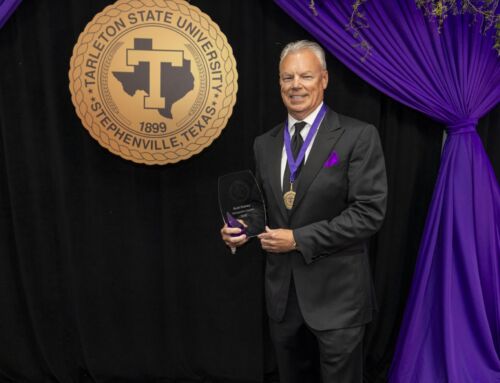
LOS ANGELES–(BUSINESS WIRE)–Today, the national law firm Baron & Budd, P.C. announced final approval of a nationwide class action settlement with Monsanto Company, Pharmacia, LLC, Solutia, Inc., and Bayer arising from environmental contamination caused by PCBs. The $537.5 million settlement provides cash payments to a class of 2,442 government entities across the country.
“This settlement will provide funds directly to public entities burdened with reducing PCBs from stormwater and sediment,” said Co-Lead Class Counsel and Baron & Budd Shareholder Scott Summy. “This groundbreaking settlement marks the first time a product manufacturer will pay damages for stormwater contamination, and the class members include counties, cities, ports and other government entities.”
“PCBs are one of the largest water contaminants in the world,” said Co-Lead Class Counsel and Baron & Budd Shareholder John Fiske. “These funds are intended to monitor and remove PCBs from stormwater that contaminates water. Some class members will receive millions of dollars to reduce PCB pollution.”
Lead Class Counsel are Baron & Budd Shareholders Scott Summy, John Fiske, and Carla Burke Pickrel.
The class settlement provides a range of monetary benefits to government entity class members. First, most class members will receive a cash payment to monitor PCBs in stormwater. Second, a separate fund will compensate government entities required to comply with a Total Maximum Daily Load order. Third, another fund will compensate class members required to remove PCBs from sediments. Fourth, all class members are eligible to apply to a Special Needs Fund for certain extraordinary costs. Finally, the named class members that litigated individual lawsuits against Monsanto may apply to recover certain litigation expenses.
Polychlorinated biphenyls, or PCBs, are man-made chemical compounds that have become common environmental contaminants and are linked to a variety of adverse health effects in humans and animals. Monsanto Company, the sole manufacturer of PCBs in the United States from the 1930s to 1970s, learned that PCBs could not be contained in products but moved into water, soil, and air and made their way into plant and animal tissues around the world. The presence of PCBs has created significant costs for public entities that are responsible for reducing and monitoring PCB discharge from stormwater and/or dry-weather runoff systems to impaired waterbodies in order to protect human health and the environment. Communities have lost valuable fishing grounds and recreational swimming areas due to elevated PCBs.
The settling named class plaintiffs leading the nationwide resolution include the City of Spokane, City of Tacoma, the City of Portland, the Port of Portland, the City of Berkeley, the City of Oakland, the City of San Jose, County of Los Angeles, City of Long Beach, City of San Diego, City of Chula Vista, City of Baltimore, and Baltimore County.
ABOUT BARON & BUDD, P.C.
Baron & Budd, P.C. is among the largest and most accomplished plaintiffs’ law firms in the country. With more than 45 years of experience, Baron & Budd has the expertise and resources to handle complex litigation throughout the United States. As a law firm that takes pride in remaining at the forefront of litigation, Baron & Budd has spearheaded many significant cases for hundreds of entities and thousands of individuals. Since the firm was founded in 1977, Baron & Budd has achieved substantial national acclaim for its work on cutting-edge litigation, trying hundreds of cases to verdict and settling tens of thousands of cases in areas of litigation as diverse and significant as dangerous and highly addictive pharmaceuticals, defective medical devices, asbestos and mesothelioma, California wildfires and environmental contamination, fraudulent banking practices, e-cigarettes, motor vehicles, federal whistleblower cases, and other consumer fraud issues.



